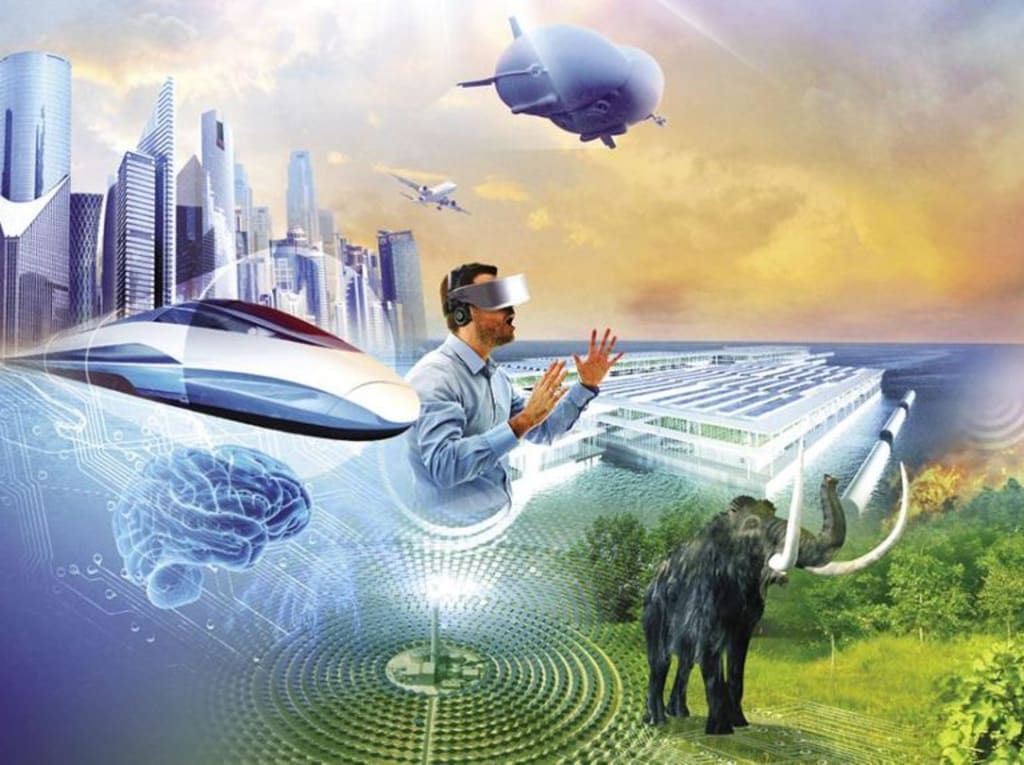The Evolution of Artificial Intelligence and Its Impact on Society
From Early Programs to Machine Learning: Tracing the History of AI and Its Ethical and Societal Implications

Artificial intelligence, or AI, has been a topic of discussion for decades, but it wasn't until recent advancements in technology that its impact on society became apparent. AI has the potential to revolutionize the way we live and work, but it also raises important ethical and societal questions. In this article, we will explore the history of AI and its impact on society.
The Early Days of AI
The term "artificial intelligence" was coined by John McCarthy in 1956. However, the concept of machines that could perform tasks typically requiring human intelligence dates back to the 18th century, when mathematician and philosopher Gottfried Leibniz proposed a machine that could perform logical operations.
In the early days of AI research, the focus was on developing programs that could perform simple tasks, such as playing chess or solving mathematical problems. These early programs were based on a set of rules, and their capabilities were limited by the ability of their programmers to anticipate every possible scenario.
The Rise of Machine Learning
The 1980s saw a shift in AI research, with the rise of machine learning. Instead of relying on a set of rules, machine learning algorithms use large amounts of data to learn and improve their performance over time.
One of the most significant breakthroughs in machine learning was the development of the backpropagation algorithm in the 1980s. This algorithm allowed for the creation of artificial neural networks, which are modeled on the structure of the human brain. Neural networks can be used to recognize patterns in data, such as images or speech, and are the basis for many modern AI applications.
The Impact of AI on Society
The impact of AI on society has been profound, with applications ranging from self-driving cars to virtual assistants like Siri and Alexa. AI has the potential to transform industries, automate tedious tasks, and improve efficiency in a variety of areas.
One area where AI has already made a significant impact is healthcare. AI-powered diagnostic tools can analyze medical images and provide doctors with insights that can help them make more accurate diagnoses. AI algorithms can also analyze patient data to identify those at risk for certain diseases, allowing for early intervention and improved outcomes.
AI is also transforming the way we work. Automation technologies are already replacing human workers in many industries, and the trend is expected to continue in the coming years. While this could lead to increased efficiency and lower costs for businesses, it also raises important questions about job displacement and income inequality.
Ethical and Societal Questions
The rise of AI has also raised important ethical and societal questions. One of the most pressing concerns is the potential for AI to be used for nefarious purposes, such as cyber attacks or the creation of autonomous weapons.
Another concern is the potential for AI to perpetuate existing biases and inequalities. Machine learning algorithms are only as unbiased as the data they are trained on, and if that data contains biases, the resulting algorithms will as well. This could lead to discrimination in areas like hiring and lending.
There are also concerns about the impact of AI on privacy. As AI becomes more pervasive, there are worries that it could be used to collect and analyze vast amounts of personal data, potentially leading to breaches of privacy.
Conclusion
AI has come a long way since its early days, and its impact on society is only going to continue to grow. While it has the potential to revolutionize industries and improve our lives in many ways, it also raises important ethical and societal questions that must be addressed. As AI technology continues to evolve, it is important that we approach it with a critical eye and consider its potential impact on society as a whole.





Comments
There are no comments for this story
Be the first to respond and start the conversation.